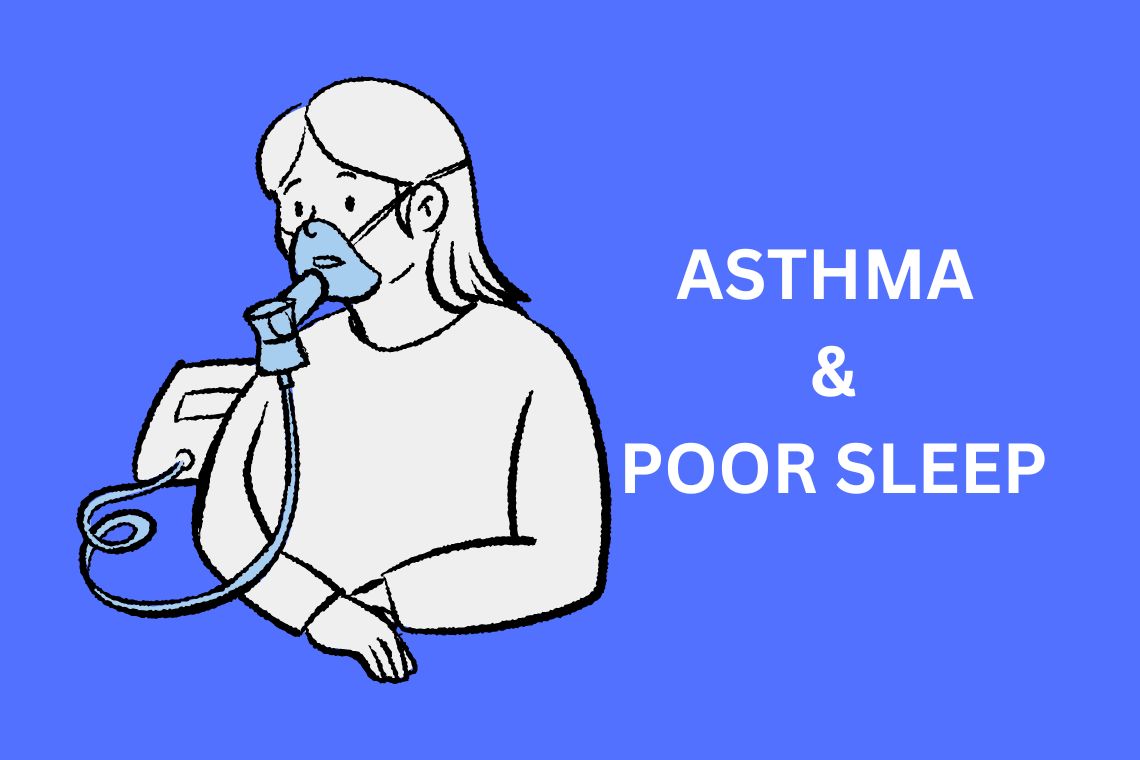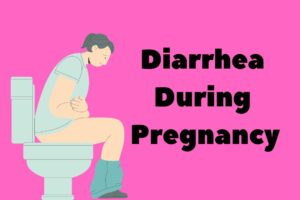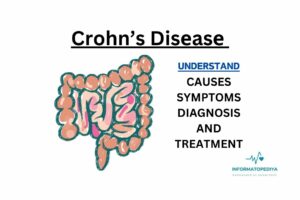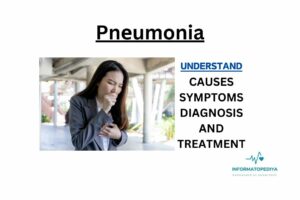
As humans, we spend almost one-third of our lives sleeping. During this time, our body goes through various processes, such as repairing and regenerating tissues, consolidating memories, and producing hormones. Adequate sleep is crucial for overall health and well-being, and it is especially important for people with asthma. In this article, we will discuss how poor sleep habits could double your asthma risk and what you can do to Prevent Asthma Risk.
Table of Contents
Double Your Asthma Risk with Poor Sleep Habits: How to Prevent it
introduction
Asthma is a chronic respiratory disease that affects more than 339 million people worldwide, and its prevalence is increasing. It is characterized by inflammation and narrowing of the airways, which leads to symptoms such as wheezing, coughing, shortness of breath, and chest tightness. Although there is no cure for asthma, it can be managed through medication and lifestyle changes.
One of the lifestyle factors that can affect asthma is sleep. Studies have shown that poor sleep habits can worsen asthma symptoms and increase the risk of asthma attacks. In fact, one study found that people who reported poor sleep quality were twice as likely to develop asthma as those who reported good sleep quality.
So, how does poor sleep affect asthma? Let’s take a closer look.
- Inflammation
Sleep plays a vital role in regulating the immune system, and when we don’t get enough sleep, our immune system can become dysregulated. This can lead to chronic inflammation, which is a hallmark of asthma. Inflammation can cause the airways to become narrow and irritated, making it harder to breathe. People with asthma already have chronic inflammation in their airways, and poor sleep can exacerbate this inflammation.
- Airway Resistance
During sleep, our muscles relax, including the muscles in our airways. When the airways relax too much, they can collapse, making it harder to breathe. This is called airway resistance, and it is a common problem for people with asthma. Poor sleep habits can worsen airway resistance, leading to more severe asthma symptoms.
- Triggered immune responses
Poor sleep habits may also trigger immune responses that can worsen asthma symptoms. For example, sleep deprivation can increase the production of inflammatory cytokines, which are proteins that can cause inflammation in the body. This inflammation can exacerbate asthma symptoms.
- Sleep Apnea
Sleep apnea is a sleep disorder characterized by interrupted breathing during sleep. It is a common problem for people with asthma and can worsen asthma symptoms. Sleep apnea can also lead to low oxygen levels, which can trigger asthma attacks.
So, what can you do to prevent poor sleep habits from affecting your asthma? Here are some tips:
- Establish a regular sleep schedule
Try to go to bed and wake up at the same time every day, even on weekends. This can help regulate your circadian rhythm and improve sleep quality.
- Create a sleep-conducive environment
Make sure your bedroom is cool, dark, and quiet. Avoid using electronics before bedtime, as the blue light can disrupt your sleep.
- Practice relaxation techniques
Yoga, meditation, and deep breathing exercises can help you relax and fall asleep more easily.
- Avoid asthma triggers
If you know what triggers your asthma symptoms, try to avoid those triggers before bedtime. For example, if pollen triggers your asthma, keep your windows closed at night.
- Treat underlying sleep disorders
If you have sleep apnea or another sleep disorder, talk to your doctor about treatment options. Treating underlying sleep disorders can improve sleep quality and reduce asthma symptoms.
In conclusion,
poor sleep habits can double your asthma risk by worsening inflammation, airway resistance, triggering immune responses and sleep apnea. By establishing a regular sleep schedule, creating a sleep-conducive environment, practicing relaxation techniques, avoiding asthma triggers, and treating underlying sleep
Read More :-







Your content has a timeless quality that keeps me coming back.